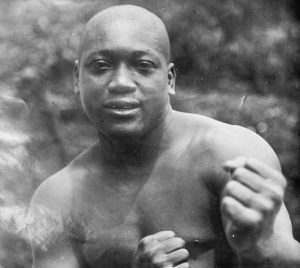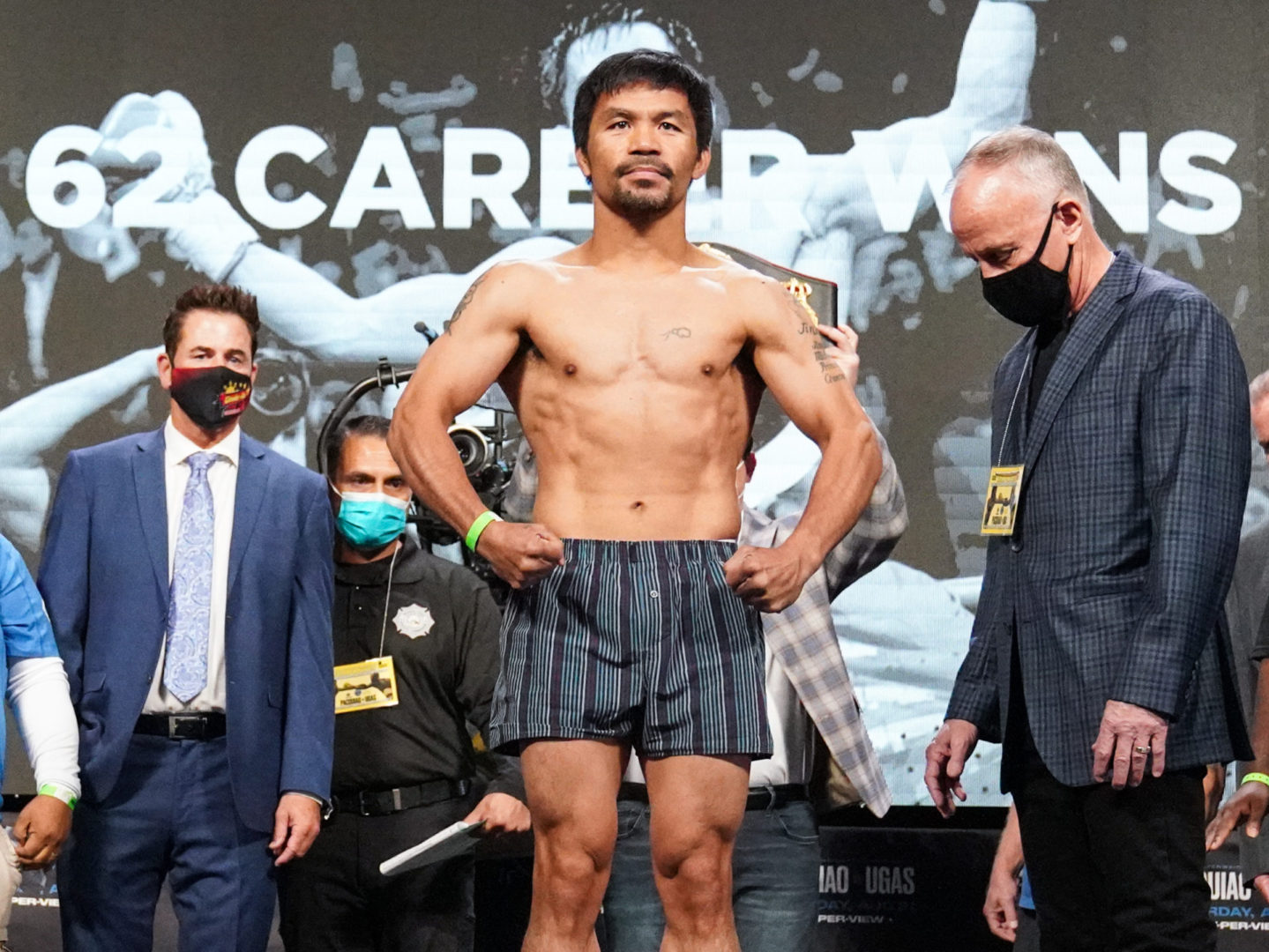By Norm Frauenheim-

I kept reminding myself of that fundamental Thursday after hearing that President Trump pardoned Jack Johnson, who a century ago served 10 months in federal prison for transporting a white woman across state lines “for immoral purposes.” It was a conviction rooted in that era’s racism.
A pardon was the right thing to do, and maybe that’s where we should leave it. Yet, there is skepticism, here and elsewhere, because of the timing. Trump issued the pardon at precisely the same time African-American activists are criticizing him and the National Football League, which this week announced it would fine teams with players who continue to protest by taking a knee during the national anthem.
Last year, Trump noisily ripped players who refused to stand for the anthem, urging owners to fire them. Critics see the NFL’s move this week as acquiescence. Trump praised the NFL for a policy that would allow players to stay in the locker room during the anthem. Trump also said, almost in an aside, that players not willing to stand for the anthem maybe “shouldn’t be in the country.’’
The NFL decision sets the stage for another long season of discontent, full of further charges that Trump is a racist. On the same day that the debate re-ignited, however, Trump pardoned Johnson, the original name in a compelling history of African-American athletes, including Joe Louis, Jackie Robinson, Jim Brown, Muhammad Ali, John Carlos and Tommie Smith.
Today, however, Trump has a counter he didn’t have a few days ago. He pardoned Johnson.
Barack Obama could have, should have, and yet history’s first African-American president didn’t issue the overdue order for reasons that have never been very clear.
One was repeated Thursday in the New York Times, which reported that “the Obama administration passed on pardoning Johnson, citing in part allegations of domestic violence against women.’’
Huh? When have there ever been pardons for allegations? If there were, Trump would have already pardoned himself multiple times. Maybe, century-old allegations are more a matter for archaeologists and historians than current law.
Guess here is that the Obama administration decided it didn’t want to waste time or money on a pardon for a historical figure in a sport that – even in good times — has been a guilty pleasure for some and an outrage for others.
But the pardon was necessary. The Mann Act was no allegation. It was the racist law that put Johnson behind bars for crossing state lines with a woman named Belle Schreiber, who had worked as a prostitute and had dated the heavyweight champion.
Arizona Senator John McCain knew it was a wrong that had to be acknowledged when he and New York Representative Peter King introduced a resolution a decade ago to pardon Johnson, who 100 years earlier – 1908 – sparked a furious search for The Great White Hope after he won the heavyweight title in a victory over Canadian Tommy Burns in Sydney Australia. Two years later — 1910, he beat the designated Great White Hope, American Jim Jeffries, in Reno. In 1913, the Mann Act was the only Great White Hope that could stop Johnson. He was convicted by an all-white jury, left the country and returned in 1920, only to wind up in jail for nearly a year.
“Mr. Johnson’s conviction was motivated by nothing more than the color of his skin,” McCain and King said in a statement about 10 years ago. “As such, it not only injured his family, but also our nation as a whole.”
About a decade later, there is profound irony that McCain’s long and worthy pursuit of the pardon would finally end with Trump granting it. Enmity between Trump and the ailing McCain is hardly a secret these days.
But I suspect the ailing McCain, a boxer during his days at the Naval Academy, welcomes the pardon more than he would an apology from the Trump administration for the ghoulish joke about him dying a few weeks ago. There also has never been an apology from Trump himself for his mocking dismissal of McCain’s experience as a Viet Nam prisoner-of-war. Early in the last presidential campaign, Trump said he preferred people “who weren’t captured.’’
Yet, McCain has a win, thanks to a president he doesn’t like. The contempt is mutual. But, again, boxing and politics also mean that your worst enemy can sometimes be your best friend. Just be sure to protect yourself. All the time.











